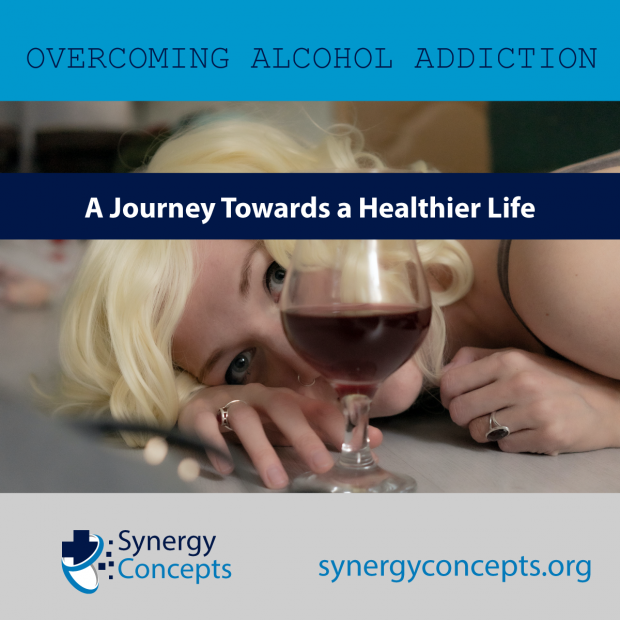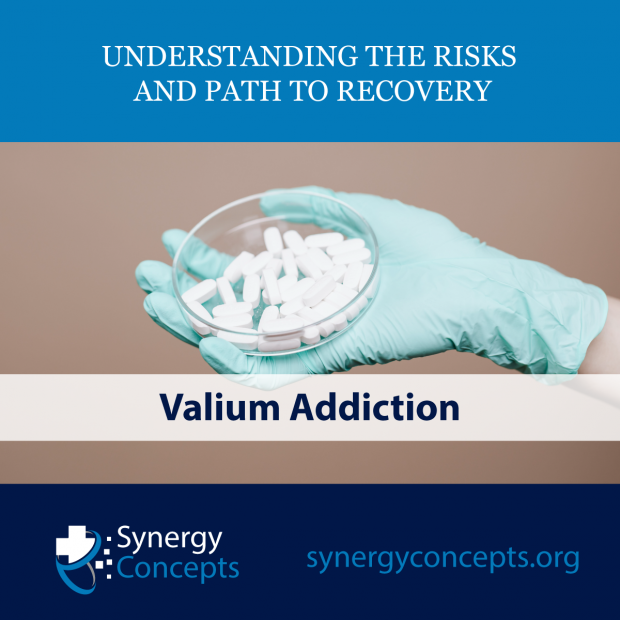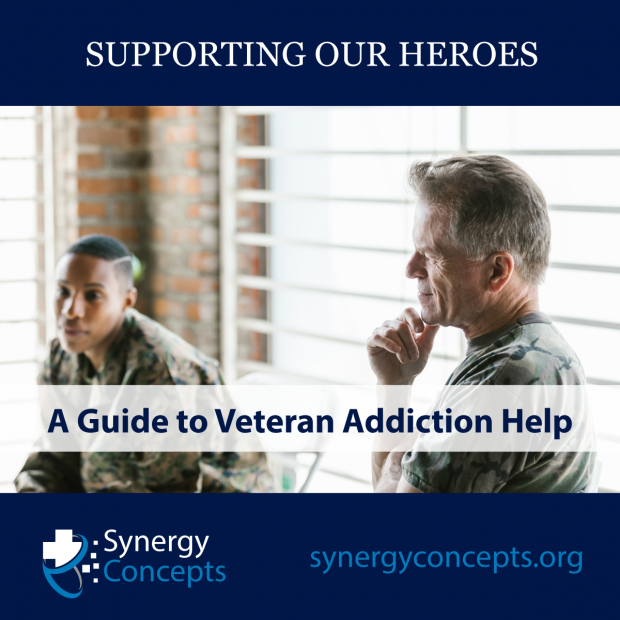Alcohol addiction is a complex and challenging issue that affects millions of individuals worldwide. It can have severe consequences on physical health, relationships, and overall well-being. However, with the right support and resources, it is possible to break free from the grip of alcohol addiction and embark on a journey towards a healthier and happier life.
- Understanding Alcohol Addiction
- Seeking Professional Assistance
- Therapy and Counseling
- Medication-Assisted Treatment
- Building a Support System
- Lifestyle Changes
- Ongoing Support and Aftercare
Understanding Alcohol Addiction
Alcohol addiction, also known as alcoholism or alcohol use disorder, is a chronic disease characterized by an inability to control or stop drinking despite negative consequences. It is important to recognize that addiction is not a moral failing or a lack of willpower but a medical condition that requires professional help.
Seeking Professional Assistance
The first step towards overcoming alcohol addiction is acknowledging the problem and seeking professional assistance. Consulting with a healthcare professional, such as a doctor or addiction specialist, can provide valuable guidance and support. They can help assess the severity of the addiction, recommend appropriate treatment options, and create a personalized recovery plan.
Therapy and Counseling
Therapy and counseling play a crucial role in the recovery process. Individual therapy sessions can help individuals understand the underlying causes of their addiction, develop coping mechanisms, and learn healthier ways to manage stress and emotions. Group therapy and support groups provide a sense of community and allow individuals to share their experiences, challenges, and successes with others who are on a similar journey.
Medication-Assisted Treatment
In some cases, medication-assisted treatment (MAT) may be recommended to help individuals overcome alcohol addiction. Medications such as naltrexone, acamprosate, and disulfiram can help reduce cravings, manage withdrawal symptoms, and discourage alcohol consumption. It is important to note that medication should always be used in conjunction with therapy and counseling for optimal results.
Building a Support System
Recovering from alcohol addiction requires a strong support system. Surrounding oneself with understanding and supportive family members, friends, or support groups can provide the necessary encouragement and accountability. Additionally, involving loved ones in the recovery process can help rebuild damaged relationships and foster a sense of connection and understanding.
Lifestyle Changes
Adopting a healthier lifestyle is essential for long-term recovery. This includes making positive changes such as engaging in regular exercise, practicing stress-reducing techniques like meditation or yoga, and adopting a balanced diet. Avoiding triggers and high-risk situations, such as social events where alcohol is present, can also aid in maintaining sobriety.
Ongoing Support and Aftercare
Recovery from alcohol addiction is a lifelong journey. After completing a treatment program, continuing seeking ongoing support and aftercare is crucial. This may involve attending support group meetings, participating in relapse prevention programs, or engaging in continued therapy sessions. Regular check-ins with healthcare professionals can also help monitor progress and address any challenges that may arise.
Overcoming alcohol addiction is a challenging but achievable goal with the right support and resources. Seeking professional assistance, engaging in therapy and counseling, building a support system, making lifestyle changes, and maintaining ongoing support and aftercare are all crucial steps in the recovery process. Remember, you are not alone, and there is hope for a healthier and happier life beyond alcohol addiction.
Remember, there is always hope, and recovery is possible!
Check out our substance abuse treatment center partners in your area!













Leave a Reply